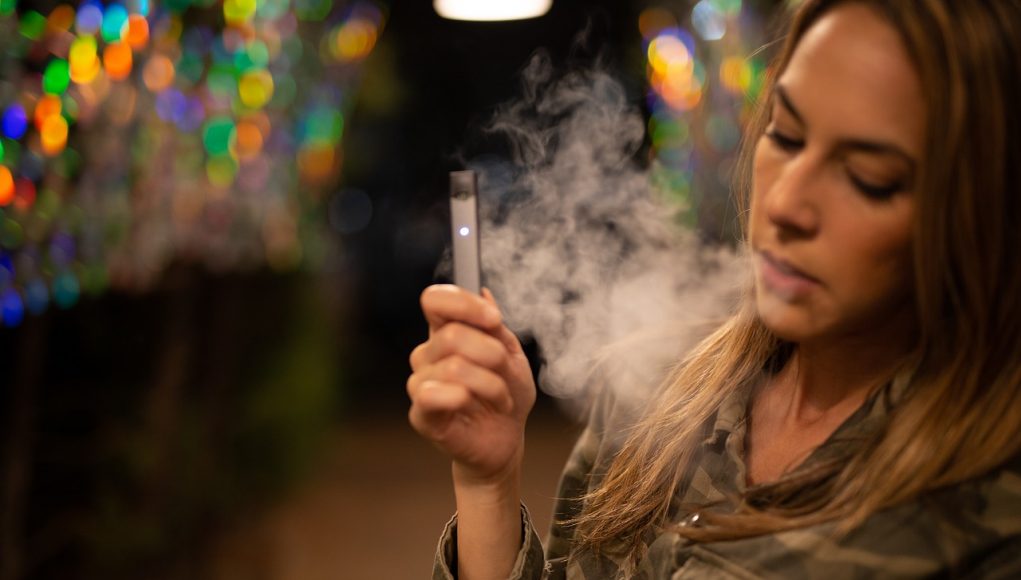The first-of-its-kind device, can be easily attached to all types of e-cigarettes to monitor and provide information pertaining to their use. “We wanted to figure out a way to map how people use e-cigarettes to determine what the triggers are,” said Adams. “The lack of continuous and objective understanding of vaping behaviors led us to develop PuffPacket,” he added.
About the alleged US teen vaping “epidemic”
Devices such as the PuffPacket, are being designed in response to the alleged teen vaping “epidemic” advertised by US authorities. According to the CDC, from 2018 to 2019 alone, e-cigarette use among middle-school and high-school students increased by 1.8 million, from 3.6 million to 5.4 million. However, many public health experts argue that these figures are being taken out of context.
In fact, a recent study published in Pediatrics, has indicated that between 2011 and 2018 as e-cigarette use increased, teen cigarette smokers smoked fewer cigarettes per day and on fewer days, indicating that the teens who are currently vaping, would have been likely to smoke instead. Despite this, everyone (including vape advocates) is in agreement that teen vaping needs to be regulated and that the devices should only be used as smoking cessation tools.
High tech, yet user friendly
Meanwhile, the PuffPacket researchers have developed three versions of the device with a range of attributes, such as ease of attachment and long battery life. The device makes use of the e-cigarettes’ own signals, as well as Bluetooth technology, to track the intensity, duration and frequency of inhalations.
The compiled data is then transmitted to a smartphone, which includes the location, time and any activity – such as walking, standing or driving, in order to help identify what circumstances might be triggering people to vape. “Getting these correlations between time of day, place and activity is important for understanding addiction,” said Adams. “Research has shown that if you can keep people away from the paths of their normal habits, it can disrupt them. It creates opportunities for moments of intervention.”
The researchers strived to make PuffPacket as inexpensive and user friendly as possible. Attaching the device to the users’ e-cigarettes and smartphones is expected to yield more accurate results than methods requiring people to record their vaping habits manually.
Read Further: Cornell Chronicle








